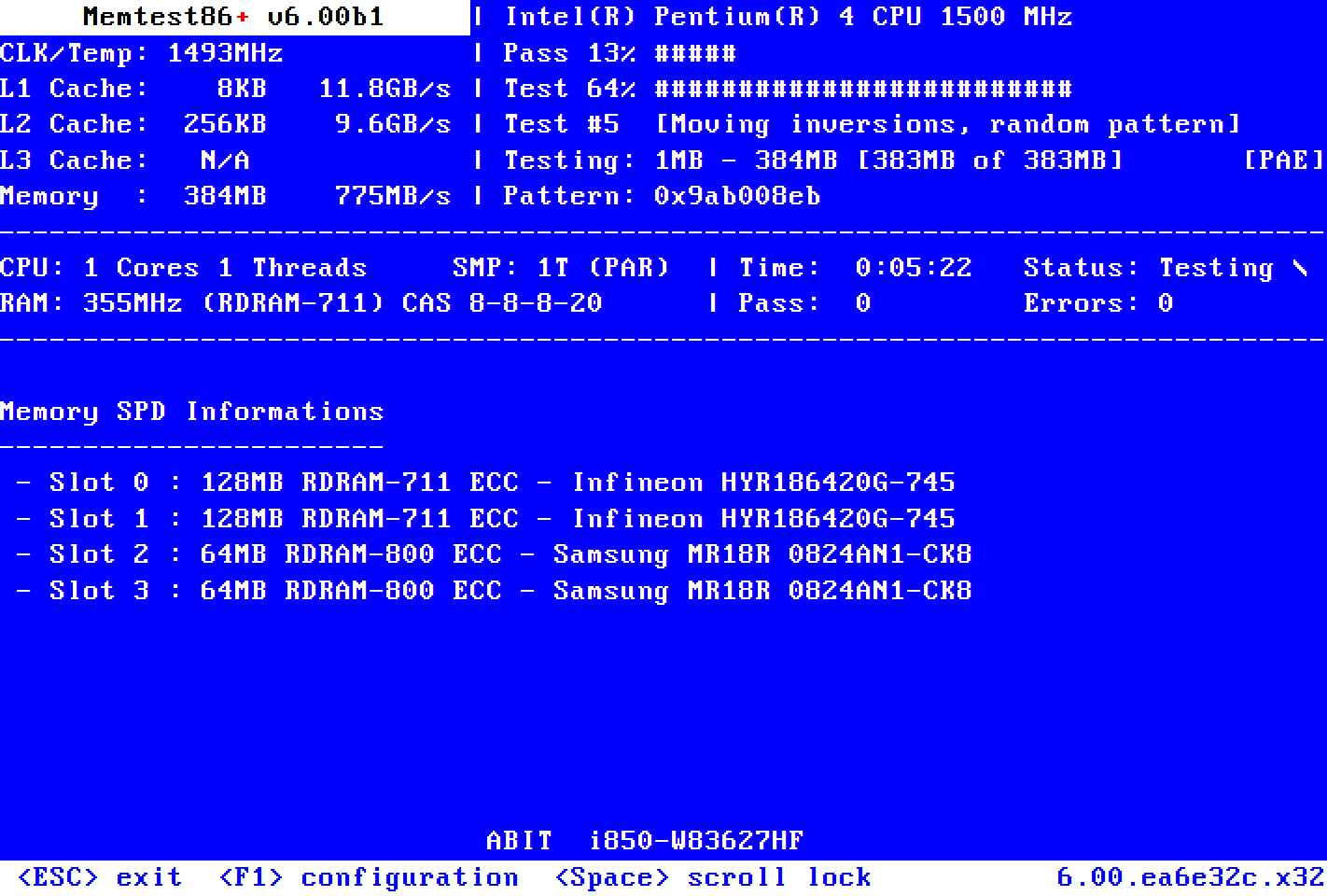Hey guys,
So I have put together a new pc setup last week and I had some problems with booting to windows. First I thought that it was caused by some bios settings, since I enabled XMP and then I could manually choose which drive to boot windows from. The xmp looked fine, and there seemed to be no issues under performance. Next day I found out that the boot issue persisted and I had to switch the pc on, which showed blackscreen without the monitor even lighting up, then switch it off with the power button, which allowed me to go into bios (since the pc was shut down the way it was) and that allowed me to choose the bootable drive again. But the pc didnt boot on its own without bios. Well I was confused but in the end I tried disabling the XMP and the windows were finally booted on its own.
So now I am kinda lost what should I do with my 3600MHz rams. Should I try to overclock them without the XMP?
My pc setup below:
Intel Core i9 11900K
Asus TUF Gaming B560
Corsair 32GB KIT DDR4 3600MHz CL18 Vengeance RGB
Nvidia RTX 2070
So I have put together a new pc setup last week and I had some problems with booting to windows. First I thought that it was caused by some bios settings, since I enabled XMP and then I could manually choose which drive to boot windows from. The xmp looked fine, and there seemed to be no issues under performance. Next day I found out that the boot issue persisted and I had to switch the pc on, which showed blackscreen without the monitor even lighting up, then switch it off with the power button, which allowed me to go into bios (since the pc was shut down the way it was) and that allowed me to choose the bootable drive again. But the pc didnt boot on its own without bios. Well I was confused but in the end I tried disabling the XMP and the windows were finally booted on its own.
So now I am kinda lost what should I do with my 3600MHz rams. Should I try to overclock them without the XMP?
My pc setup below:
Intel Core i9 11900K
Asus TUF Gaming B560
Corsair 32GB KIT DDR4 3600MHz CL18 Vengeance RGB
Nvidia RTX 2070



